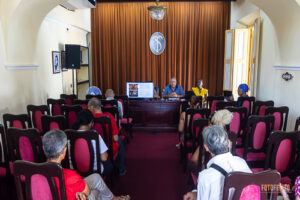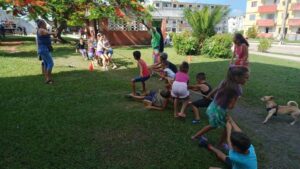Marti’s mulatto brother.
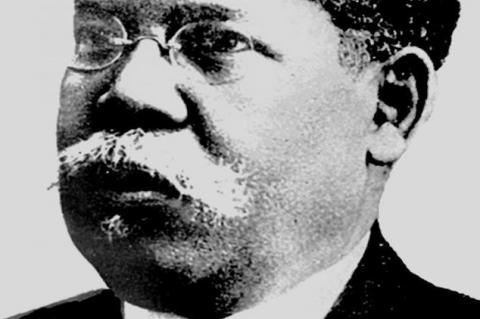
The history of Cuban journalism proudly welcomed one of its most illustrious exponents, Juan Gualberto Gómez Ferrer, defined by the Apostle as his mulatto brother and well remembered for his vast culture and masterful oratory and for not hesitating even for a second to, at the exact moment, proscribe the pen and join the libertarian cause in the manigua.
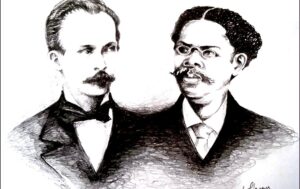
Thanks to his parents, Fermín Gómez and Serafina Ferrer, then domestic slaves, who saved money to buy him from his mother’s estate, on July 12th, 1854, Juan Gualberto Gómez was born free in the Vellocino sugar mill, in the former Sabanilla del Comendador, which today bears his name, right in the province of Matanzas.
He studied in the best schools for black children until 1868, when the Ten Years’ War began. He continued his academic life in Europe, leaving for Paris in 1869, where he studied carriages during the day and at night he was endowed with the most advanced knowledge and the revolutionary impetus of the Parisian land for its novel treatment of citizenship rights and equality among men regardless of the color of their skin.
Upon his return to the Greater of the Antilles, he met José Martí in Havana and the empathy and equality of ideals that characterized them forged between them a growing friendship that became a brotherhood in the personal and libertarian fields. He then began to develop a journalism marked by liberal and abolitionist tendencies. That is why in 1880, before his first exile, he founded and directed the newspaper «La Fraternidad», from where he attacked slavery, racial discrimination and colonialism.
He also opened «La Igualdad» and «La República Cubana», newspapers for which, together with his sympathy and connection with the revolutionary clubs, movements and organizational actions of the Chiquita War, he was confined to the prison of Ceuta until 1882 and, when he moved to Madrid, from the pages of the publications «El Abolicionista» and «La Tribuna» he denounced the exploitation and oppression suffered by the men of that time.
Upon his return to Cuba in 1890, «La Fraternidad» circulated with more force. Not only did it attack the political fanaticism and the inability of Spain to maintain the Island as its colony, but it continued its anti-racist work and confronted autonomism and the anti-Cuban work of the newspaper «La Marina».
These actions won him the respect of the Apostle and Antonio Maceo, who considered the task of patriotic and social education that was made in «La Fraternidad» as an unavoidable part of the preparation of the Necessary War, of which it is worth mentioning his participation in the failed uprising of Ibarra, Matanzas, on February 24th, 1895, and that cost him a sentence of 20 years initially, although in January 1898 he was released and went to New York.
He returned to Cuba in 1901 and assumed an active participation in the Constituent Assembly, of which he was elected delegate for the East and from which he fervently fought against the constitutional appendix called Platt Amendment that favored the annexationist rights of the American government. Likewise, during the second U.S. military intervention, he was a member of the Consultative Commission and served as Senator of the Republic until his death at the age of 78 on March 5th, 1933 in the City of Havana.
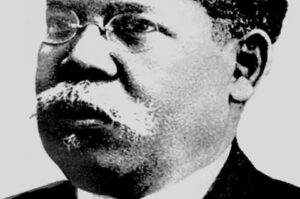
Undoubtedly, the integrity of Juan Gualberto Gómez Ferrer continues to be an example for those of us who admire the value of his work, the integrity of his actions, his stubborn defense of anti-racial and pro-independence ideals and the deep-rooted patriotism of the man who served as the most notable delegate of the Cuban Revolutionary Party on the island.
Writen by Yadiel Barbón Salgado.


